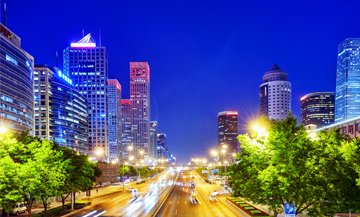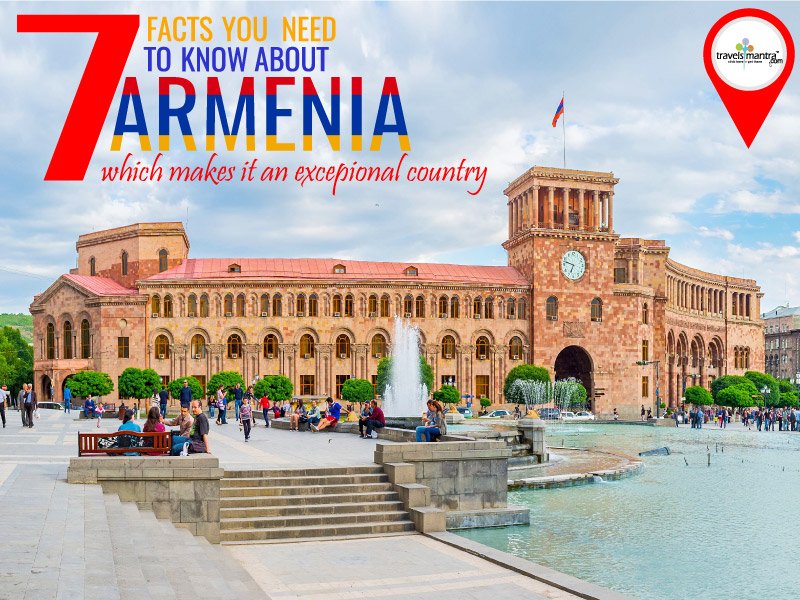Welcome To Beijing – Tour & Travel Guide
Beijing, China’s massive capital, has history stretching back 3 millennia. Yet it’s known as much for its modern architecture as its ancient sites such as the grand Forbidden City complex, the imperial palace during the Ming and Qing dynasties. Also, the massive Tiananmen Square pedestrian plaza is site of Mao Zedong’s mausoleum and the National Museum of China, displaying a vast collection of cultural relics.
History Of Beijing
The city of Beijing has a long and rich history that dates back over 3,000 years. Prior to the unification of China by the First Emperor in 221 BC, Beijing had been for centuries the capital of the ancient states of Ji and Yan. During the first millennia of imperial rule, Beijing was a provincial city in northern China. Its stature grew in the 10th to the 13th centuries when the nomadic Khitan and forest-dwelling Jurchen peoples from beyond The Great Wall of China expanded southward and made the city a capital of their dynasties, the Liao and Jin.
When Kublai Khan made Dadu the capital of The Mongol-led Yuan dynasty (1279–1368), all of China was ruled from Beijing for the first time. From 1279 onward, with the exception of two interludes from 1368 to 1420 and 1928 to 1949, Beijing would remain as China’s capital, serving as the seat of power for The Ming dynasty (1421–1644), The Manchu-led Qing dynasty (1644–1912), The early Republic of China (1912–1928) and now The People’s Republic of China (1949–present).
Culture Of Beijing
Beijing is the capital of the People’s Republic of China and one of the most populous cities in the world, with a total population of 21,150,000 as of 2013. The city proper is the 3rd most populous in the world. The metropolis, located in northern China, is governed as a direct-controlled municipality under the national government with 16 urban, suburban, and rural districts. Beijing Municipality is surrounded by Hebei Province with the exception of neighboring Tianjin Municipality to the southeast; together the three divisions form the Jingjinji metropolitan region and the national capital region of China..
Undoubtedly, Beijing is the Cultural center of China. Beijing has endowed too many connotations for culture. Beijing is just like the thickest encyclopedia, containing the cultural heritage of 5,000 history of China, absorbing the exploding knowledge of the current society, and foretelling the scenarios of the future development.
If you are an out-comer, you might find it hard to locate a portal for merging into the melting pot of Beijing culture, as the culture in Beijing is so complicated and elaborate that it deserves a life time to probe into. As the capital for several ancient dynasties, also owns plenty of royal elements in its cultural system. Beijing people are elegant and proud, but they seldom look down upon people from other regions. However has never repelled outside cultures and fashions. Beijing shows a patient and considerate attitude for any culture so long as it is logical or reasonable to some extent. So you can easily find the traces of a great variety of cultures nationwide or even worldwide.
Nevertheless, Beijing has never given up its noble taste for elite culture. Beijing is never stingy in offering compliments for the true talents. No matter you arise from the lowest grass-root level, or descends from a royal family, you are always respected in Beijing if you stand out uniquely and brilliantly. While the leaves on the trees in the Beihai Park are falling every year to record the fast-changing history, Beijing’s deposits of culture are getting more and more profound and charming. The process of merging into Beijing culture might be a slow process, however once your mind-set mingles with some genuine element of Beijing culture, you will find that you can never separate your soul from this captivating metropolis.
If you label yourself as a literature elite, you are in the right place to evaluate your learnings. There’re many VIP writers in Beijing both in history and at present, such as Lao She, Wang Shuo, Liu Xinwu. Some of China’s top universities, such as Peking University and Qinghua University are located in Beijing. Beijing pools the biggest crowd of scholars, experts, and cultural VIPs of China. “Let One Hundred Flowers Blossom and One hundred Schools of Thought Contend” is a vivid description of Beijing’s cultural market.
Popular Places or Destination to Visit in Beijing
1) Forbidden City
2) Great Wall Of China
3) Summer Palace
4) Temple Of Heaven
5) Tianenmen Square
6) Yonghe Temple
7) Beihai Park
8) Mutianyu
9) Tianenmen
10) Ming Tombs
11) Badaling
12) Jing Shan Park
13) Hou hai
14) Old Summer Palace
15) Juong Pass
Night Clubs At Beijing
1) Mix Club
2) Chocolate
3) Vics Night Club
4) Tangguo
5) Congo Club
6) Baby Face
7) Bar Blu
8) Gt Banana
9) Xiu
10) Maggie’s













